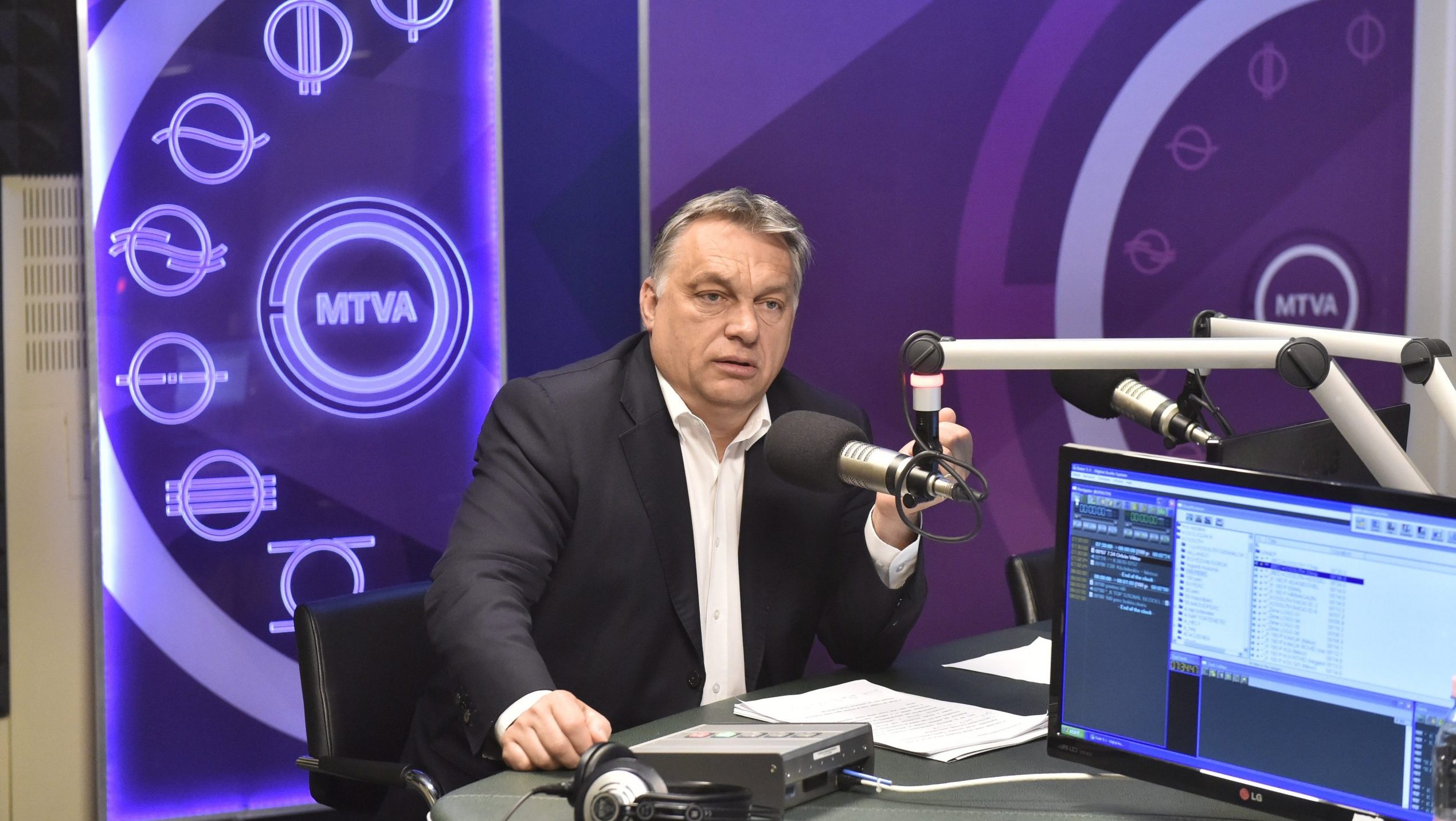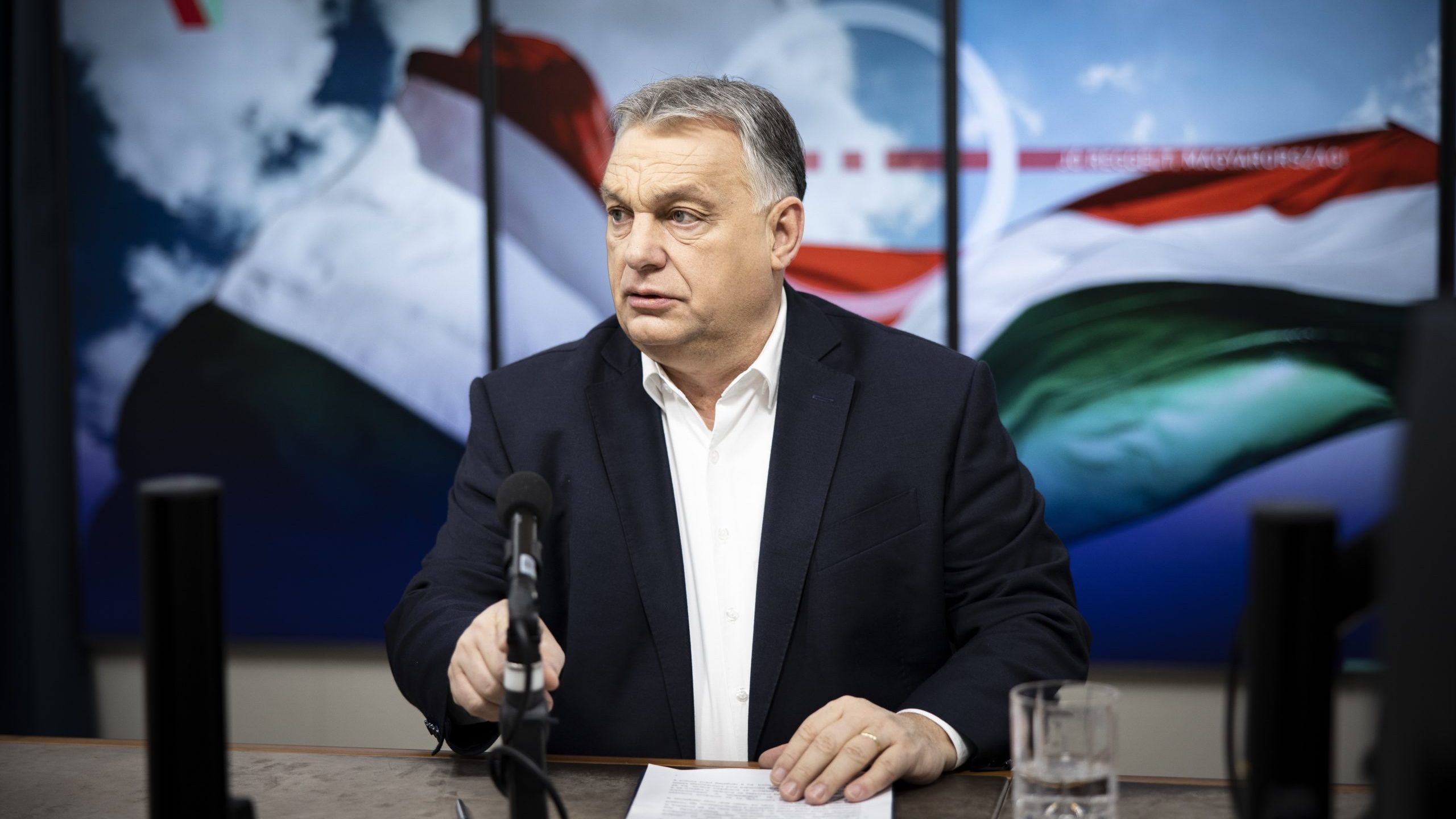
The Prime Minister stressed that the Hungarian health care system did better in the management of the epidemic than its Western European counterparts.
Hungary prepared for mass infections in an exercise planned according to military logic which we then managed to prevent; however, the knowledge and skills acquired during this “military exercise” is an enormous asset.
He said discipline and unity were the prerequisites of success, and if the epidemic proves to have a second wave, these will be needed again. “If signs indicate that a second wave is coming, we will not hesitate to take the necessary legal and economic measures,” Mr Orbán said, highlighting that the level of preparedness of the equipment essential for care during the epidemic conforms to “the status of the epidemic”.
At the same time, he also mentioned that on Thursday he had had talks with his Slovenian counterpart Janez Jansa whose country tightened its rules of entry again which is an important warning, “we must keep our wits about us”.
Regarding the criticisms levelled at the Hungarian special legal order which has already come to an end, the Prime Minister said looking at the map of Europe, one sees a shocking development unfolding. During socialism, the word ‘West’ only had positive connotations, and one just laughed off critical statements of the Soviet propaganda machinery about the West such as that “blacks are beaten in America” or young people in the West grovel “in a Coca Cola stupor,” he recalled. By contrast, today in Western Europe people are dying in the absence of medical care, large economies are in need of being rescued from financial bankruptcy, there is a wave of violence with gang wars, and statues are being toppled.
“I look at the countries of those who keep sending messages to us about how to live correctly, how to govern and operate a democracy well, and I don’t know whether to laugh or cry,” the Prime Minister said.
In response to the fact that according to the decision of the Court of Justice of the European Union the Hungarian legislation on the funding of non-governmental organisations from abroad is not compatible with EU law, Mr Orbán said one can observe a kind of “liberal imperialism” on the part of Western Europe and the Left in America. They are trying to force their view of the world on countries not sharing the same notions, and international courts are also often part of this network; some court judgments clearly reflect the machinations of power centres operating in the background, he said. At the same time, seeing the Hungarians who take part in international – in particular, human rights – justice administration, it is easy to find links “to Soros’s international network which is the Western European headquarters of liberal imperialism,” he said.
At the same time, news reports about the judgment also highlight, he continued, that transparency is a legitimate objective, except it should be achieved with fewer restrictions, “so it won’t be difficult to adhere to this judgment”.
He pointed out that the same standard rules of transparency must apply to organisations involved in politics with a view to influencing people’s opinions because it is not right that the rules of transparency that apply to parliamentary parties should be more stringent than the rules that apply to organisations which are also engaged in political activities, but do not aim for parliamentary representation.
He also said every Hungarian will know about every forint sent to Hungary from abroad for political purposes. “Those who are willing to accept money from abroad should not be reluctant to declare it,” he stated.
The Prime Minister highlighted that there are Hungarian political actors who want to reduce the country’s sovereignty and want to hand over to Brussels as much power as possible, and when our independence is in danger – for instance, because foreign students are not prepared to observe the rules, keep spreading the infection and taking action against them is an issue of sovereignty – they side not with the Hungarians, but always with people from other countries. However, this is nothing new, “they’ve been poisoning our wells for a long time,” we have a history of least 150 years of some Hungarian politicians working against their country on the international scene, he observed.
Regarding the latest national consultation, Mr Orbán said if the country has a government that stands up for national independence, there is a battle not only once every four years, during the elections, but there is an ongoing struggle on the international scene and against internal agents who “write on their own foreheads that they are in George Soros’s pay”.
Therefore, it is not enough to reach common points of understanding once every four years; the concordant opinions of the majority of Hungarians on some issues – such as on this occasion about the fight against a possible second wave of the epidemic and the restarting of the economy – must be demonstrated more frequently, he argued.
In the context of the planned EU recovery fund, he repeated that joint borrowing goes against Hungarian life instincts, but due to the disgraceful financial state of some countries Hungary’s approval of the arrangement can hardly be avoided. Borrowing is a threat and an opportunity all at once: if the money is not spent wisely, then it leads to an “utter disaster,” however, if it is spent wisely it is possible to gain in strength, he explained.
He said a task force led by Minister for Innovation and Technology László Palkovics has been set up which will – for the event of the realisation of the EU plan – prepare plans for the programmes that could be financed from this facility. He mentioned as examples the development of the electric power conveyance and water management systems and the capitalisation of universities.
At the end of the interview, Mr Orbán also spoke about the refurbishment of the Chain Bridge. In this regard, he said those who should make decisions have been messing about and dithering for nine months. They could do with a few practical people, he observed.
Commenting on frequent references to a shortage of funds, he said there is HUF 180 billion on the metropolitan municipality’s account, “they have all the money in the world, they should just use it in a sensible way”. “We wish them well with getting the job done,” he said in conclusion.

